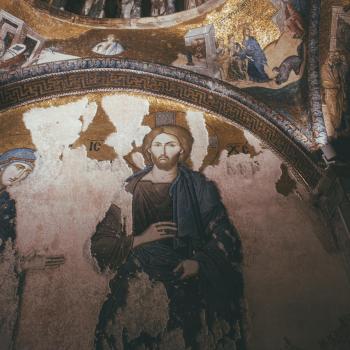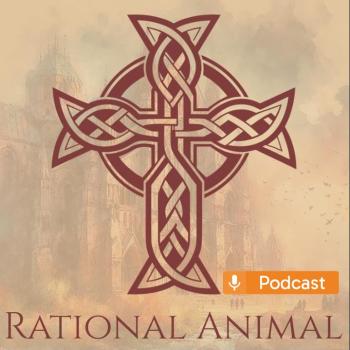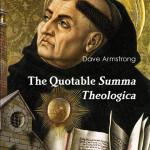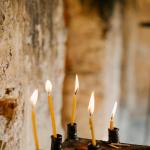On January 15, 1888, Pope Leo XIII canonized Peter Claver (1581-1654), a Spanish Jesuit who ministered to African slaves in Colombia for over thirty years. Claver, who called himself the “slave of the Negroes,” was proclaimed patron of missions to people of African descent. Among the first churches named in his honor was a Brooklyn parish founded by Father Bernard Quinn in 1920. Located in Bedford-Stuyvesant, which was rapidly becoming a center for Black life in New York City, the... Read more



















